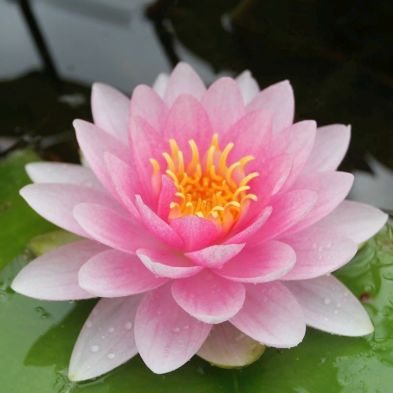Firstlight Darwin Outdoor Modern Wall Light Stainless Steel IP44, E27
Darwin Outdoor Modern Wall Light Stainless Steel IP44, E27 | Description: Add safe and beautiful light to your outdoor lighting scheme with the Darwin Stainless Steel Outdoor Modern Wall Light. Welcome family and friends at the front entrance with this handsome light fixture finished in versatile stainless steel. Perfect for an updated exterior. | Features: Finish: Stainless Steel, Material: Stainless Steel Height (cm) : 23.00, Width (cm) : 12.00, Lamp Type: E27, Number of Lights: 1, IP Rating: IP44, Dimmable: Yes With Dimmable Bulbs, Wattage (max) : 20W























